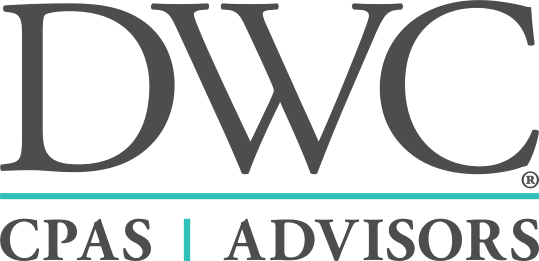 When it comes to investing, there are many schools of thought in what the most profitable approach is. Depending on your level of financial savvy, you may want to take a more independent approach to investing, or you may want the confidence of having a certified professional managing your portfolio. No matter what type of investor you are though, it is important to understand the different types of investment professionals and the concept of Fiduciary Standards and Fiduciary Duties.
When it comes to investing, there are many schools of thought in what the most profitable approach is. Depending on your level of financial savvy, you may want to take a more independent approach to investing, or you may want the confidence of having a certified professional managing your portfolio. No matter what type of investor you are though, it is important to understand the different types of investment professionals and the concept of Fiduciary Standards and Fiduciary Duties.
The Fiduciary Standard is a fundamental obligation for professionals to act in the best interest of their clients. It is also referred to as the “best interest” rule because the concept is to always act in the best interest of the client. However, not all investment professionals have been subject to the best interest rule when dealing with their clients. In June of 2017, the Department of Labor issued new fiduciary standards for stockbrokers that just now subject them to the best interest rules when giving investment advice to clients. There are other unregulated investment professionals that are still not subject to the standard either, so it is important to understand the experience, background, and regulations for someone you are considering hiring.
Another concept related to the Fiduciary Standard is Fiduciary Duty. This is common for employers who offer benefit plans for their employees. Most employers will select a third-party administrator, bank, or insurance company to handle the actual investments. Some administrators will even share in the fiduciary duties, but as the sponsor of the plan, the employer has the ultimate fiduciary duty for overseeing the plan and making sure employees are offered diversified investment options, fair-fee structures, and oversight of the investment manager.
Before selecting a personal investment professional or selecting a plan administrator for your benefit plan, you need to understand what professional designations are out there, and what fiduciary standards or duties exist.
The financial services industry uses several job titles or descriptions such as financial advisor, financial analyst, financial planner, investment consultant, etc., however, these can be used by any professional, even if they don’t have specific certain levels of expertise or education. Some professionals must pass examinations and register with oversight boards such as the SEC or the Financial Industry Regulatory Authority, and some may be unregistered working off of personal experience and not subject to regulatory boards. Meeting with potential advisors and identifying professional designations will also help you understand how the professional is typically paid, and whether or not they are subject to the “Fiduciary Standard” or “best interest” rules.
Some of the more common registered professionals include: stockbrokers or broker-dealers, Registered Investment Advisors (RIAs), or certified financial planners (CFPs).
Stockbrokers are typically utilized by a more independent investor, are commonly paid on a per-trade basis, and are required to make investment suggestions based on their client’s income, risk tolerance, etc.
RIAs typically serve as a portfolio manager and could be paid on a fixed fee, or a percentage fee based on the value of assets managed. These professionals have been subject to the fiduciary standards since 1940.
CFPs may specialize in one area such as estate planning or retirement, or may provide more comprehensive planning, and fee structures will typically be similar to RIAs. The CFP Board also has Standards of Professional Conduct that includes requirements to put the client’s interest ahead of his or her own.
When setting up your benefit plan you will also have several options for professionals to work with including trustees, record keepers, broker-dealers, investment advisors, etc., or some “full-service” administrators that provide all of these services. Similar to selecting a personal investment advisor, it is very important to understand the role of each professional, how their fees are structured, and what fiduciary duties they are willing to take on for the plan.
Regulators are implementing more Fiduciary Standard rules to protect individual investors, and benefit plans are consistently monitored by agencies to protect retirement funds, but one of the most important protections you can give yourself is proper research and due diligence before hiring an investment professional. Agencies such as the SEC and the Financial Industry Regulatory Authority also have tools to help you select an advisor. Make sure you clarify what professional designations or affiliations are held and consider contacting the oversight organization to make sure they are in good standing.
Sarah L. Menge, CPA, is an associate principal with Dalby, Wendland & Co., P.C.’s audit team. She specializes in audit and accounting services for clients in several industries including insurance, construction, nonprofits, hospitality, and benefit plans. She is a member of the Colorado Society of CPAs and currently serves on the board of local nonprofit, Karis Inc. Sarah can be reached at SMenge@DalbyCPA.com.



